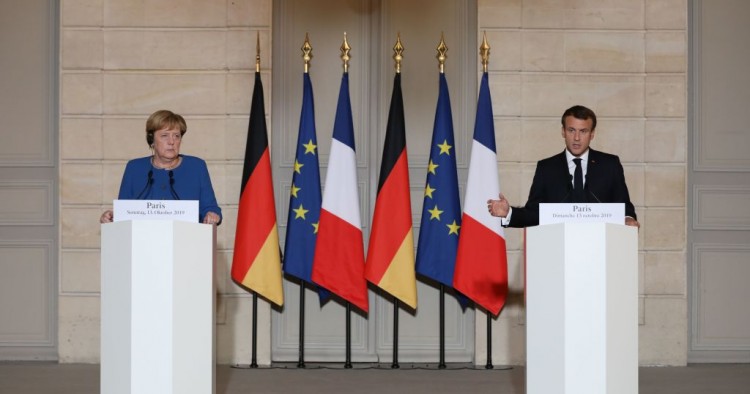Although Turkey is an official candidate to join the EU, that does not mean that Brussels will allow the Turkish authorities to do whatever they want in the Middle East. Quite the opposite in fact. The ongoing Turkish incursion into northern Syria could be quite costly for Turkey not only politically, but also economically. EU officials and politicians who do not support Turkish accession now have yet another reason to criticize Ankara and present President Recep Tayyip Erdogan as an unpredictable leader. Does Turkey really need that?
The Union’s condemnation of the Turkish military operation is not limited to declarations as some EU member states, including France, Germany, and the Netherlands, have just decided to impose an embargo on arms sales to Turkey. It is a significant move, especially as these EU members are also NATO members like Turkey. Yet any further decisions on behalf of the EU will be undertaken very carefully, because the Union will do whatever possible to uphold the EU-Turkey deal on migration. President Erdogan has already warned the EU that any criticism could result in the termination of the deal — a move that would enable several million immigrants to go westwards and enter EU territory. He understands what Europeans fear most, and this is likely to limit the EU’s appetite for action. The recently announced U.S. sanctions on Turkey could prompt the EU to follow suit, however. While the EU has no reason to take the lead in this situation, it could use economic measures to exert pressure on Ankara.
The EU needs Turkey, but not a Turkey that engages in regional conflicts or attacks its neighbors. The Turkish offensive against Syrian Kurdish forces could result in a military success, but it will also seriously damage Turkey’s image in Europe and elsewhere.
Przemysław Osiewicz is an MEI scholar and associate professor at Adam Mickiewicz University in Poznan, Poland, specializing in EU policy towards the MENA region, Iran, and Turkey.
Photo by LUDOVIC MARIN/POOL/AFP via Getty Images
The Middle East Institute (MEI) is an independent, non-partisan, non-for-profit, educational organization. It does not engage in advocacy and its scholars’ opinions are their own. MEI welcomes financial donations, but retains sole editorial control over its work and its publications reflect only the authors’ views. For a listing of MEI donors, please click here.













